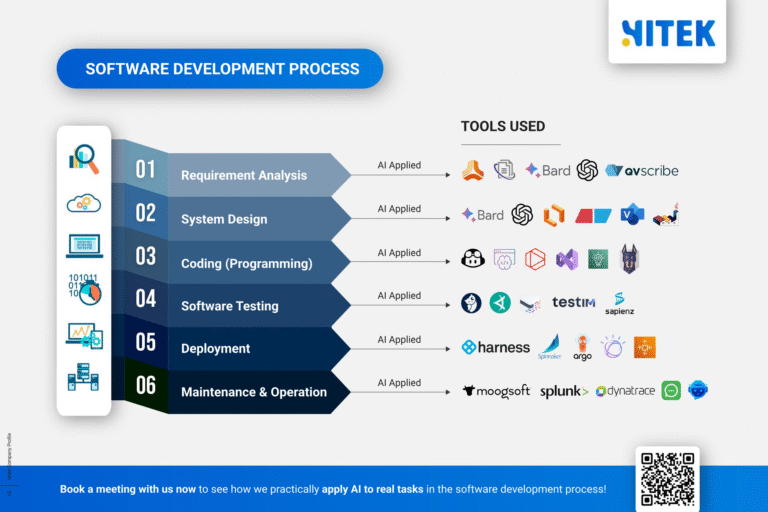In software development, a business analyst (BA) bridges technical teams and business stakeholders. They ensure that software solutions align with business goals while meeting user needs. But what exactly does a business analyst do in an Australian tech environment? Let’s break it down.
Contents
ToggleThe Role of a Business Analyst in Software Development
A business analyst in software development wears many hats. Their primary responsibility is translating business requirements into functional specifications that developers can work with. Here’s how they contribute to the process:
1. Gathering and Analysing Business Requirements
Before any code is written, a BA works closely with stakeholders—clients, product managers, and end-users—to understand their pain points and objectives. They conduct interviews, surveys, and workshops to extract key insights.
In Australia, industries like finance, healthcare, and e-commerce rely heavily on BAs to ensure compliance with local regulations, such as Australia’s Consumer Data Right (CDR) or Privacy Act 1988.
2. Defining Functional and Non-Functional Requirements
A BA documents functional requirements (what the software should do) and non-functional requirements (performance, security, scalability). For example, if a Sydney-based fintech startup needs a new payment gateway, the BA ensures it integrates seamlessly with Australian payment systems like BPAY or NPP.
3. Creating User Stories and Use Cases
Using tools like Jira, Confluence, or Trello, BAs break down requirements into user stories—small, actionable developer tasks. A well-written user story might look like:
“As a customer, I want to reset my password via email so I can regain access to my account.”
4. Facilitating Communication Between Teams
Miscommunication between developers and business teams can derail projects. A BA ensures everyone is on the same page by:
- Clarifying technical jargon for non-tech stakeholders
- Explaining business constraints to developers
- Leading sprint planning and retrospective meetings in Agile environments
5. Validating Solutions and Ensuring Quality
Before software goes live, BAs work with Quality Assurance (QA) teams to verify that features meet requirements. They conduct User Acceptance Testing (UAT) to ensure real users can navigate the system effortlessly.
Key Skills of a Successful Business Analyst in Australia
To thrive in Australia’s competitive tech market, BAs need a mix of technical and soft skills:
| Skill | Why It Matters |
|---|---|
| Analytical Thinking | Helps break down complex business problems into actionable steps. |
| Communication | Essential for translating between technical and non-technical teams. |
| Agile & Scrum | Many Australian companies use Agile methodologies for faster delivery. |
| Data Analysis | Understanding metrics ensures software aligns with business KPIs. |
| Domain Knowledge | Expertise in industries like banking or healthcare adds value. |
How Business Analysts Add Value in Australian Tech
Australia’s tech sector is booming, with cities like Sydney, Melbourne, and Brisbane becoming innovation hubs. Here’s how BAs contribute:
- Reducing Costs: By identifying inefficiencies early, BAs prevent costly rework.
- Improving User Experience: They advocate for the end-user, ensuring intuitive design.
- Ensuring Compliance: They align projects with Australian cybersecurity standards and data laws.
Becoming a Business Analyst in Australia
Interested in this career path? Here’s how to get started:
- Get Certified: Consider certifications like IIBA’s CBAP or Agile Analysis Certification.
- Gain Industry Experience: Start in roles like project coordination or data analysis.
- Network: Join groups like IIBA Australia or attend tech meetups.
Final Thoughts
A business analyst is the unsung hero of software development. They ensure that technology serves real business needs, and their role is more critical than ever in Australia’s fast-growing digital economy.
Are you thinking about hiring a BA for your next project? Or perhaps pivoting into this career? Either way, understanding their impact can make all the difference.
By blending technical expertise with business acumen, a business analyst ensures software isn’t just functional—it’s transformative. Whether you’re in Melbourne’s startup scene or a corporate giant in Sydney, their insights drive success.
Want to learn more about software development roles in Australia? Check out Tech Council Australia’s latest insights for industry trends.









